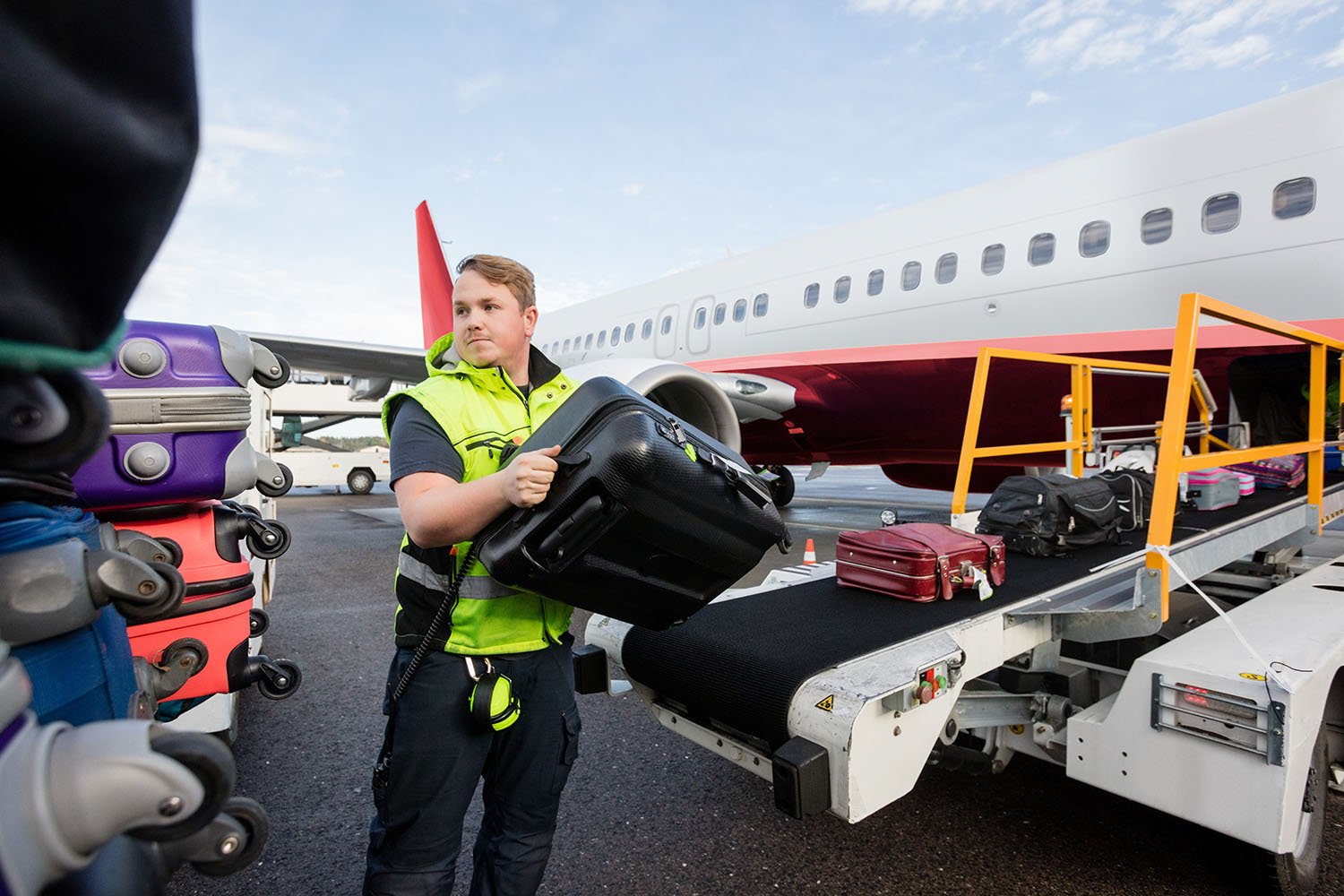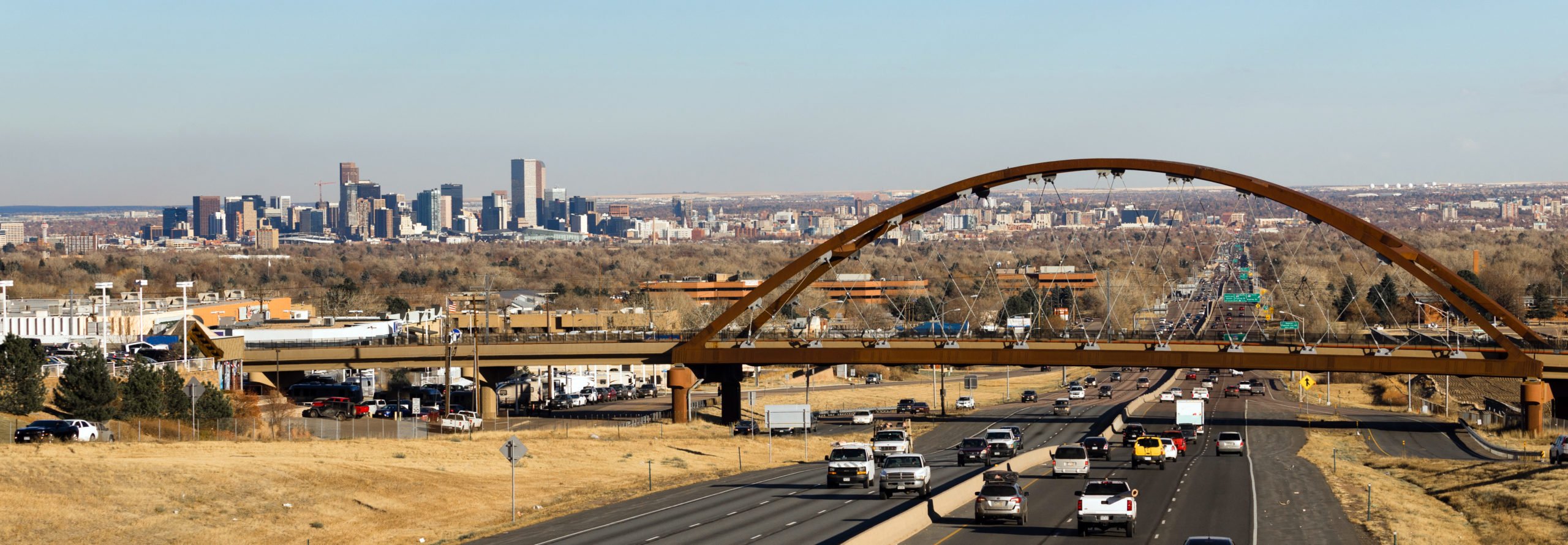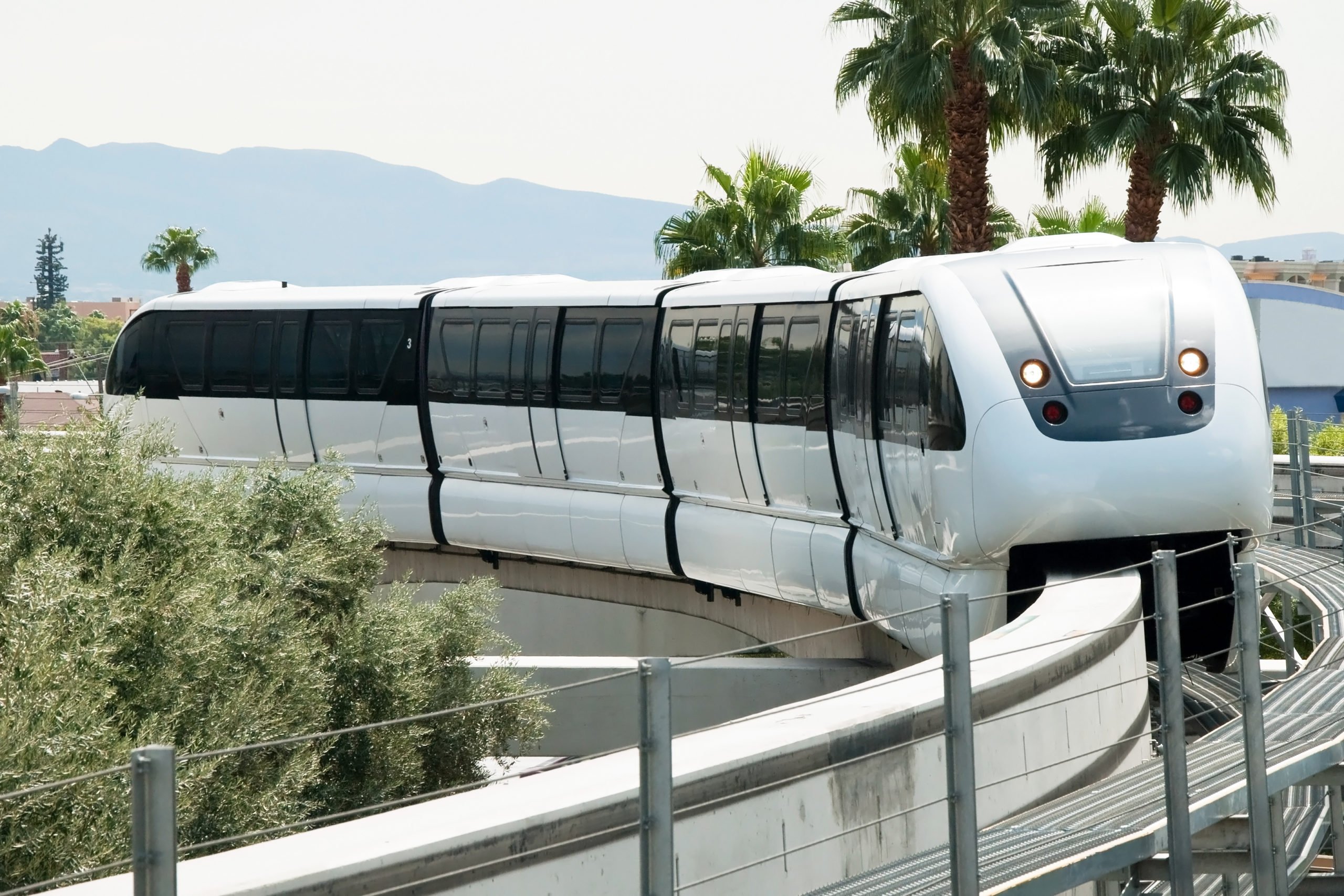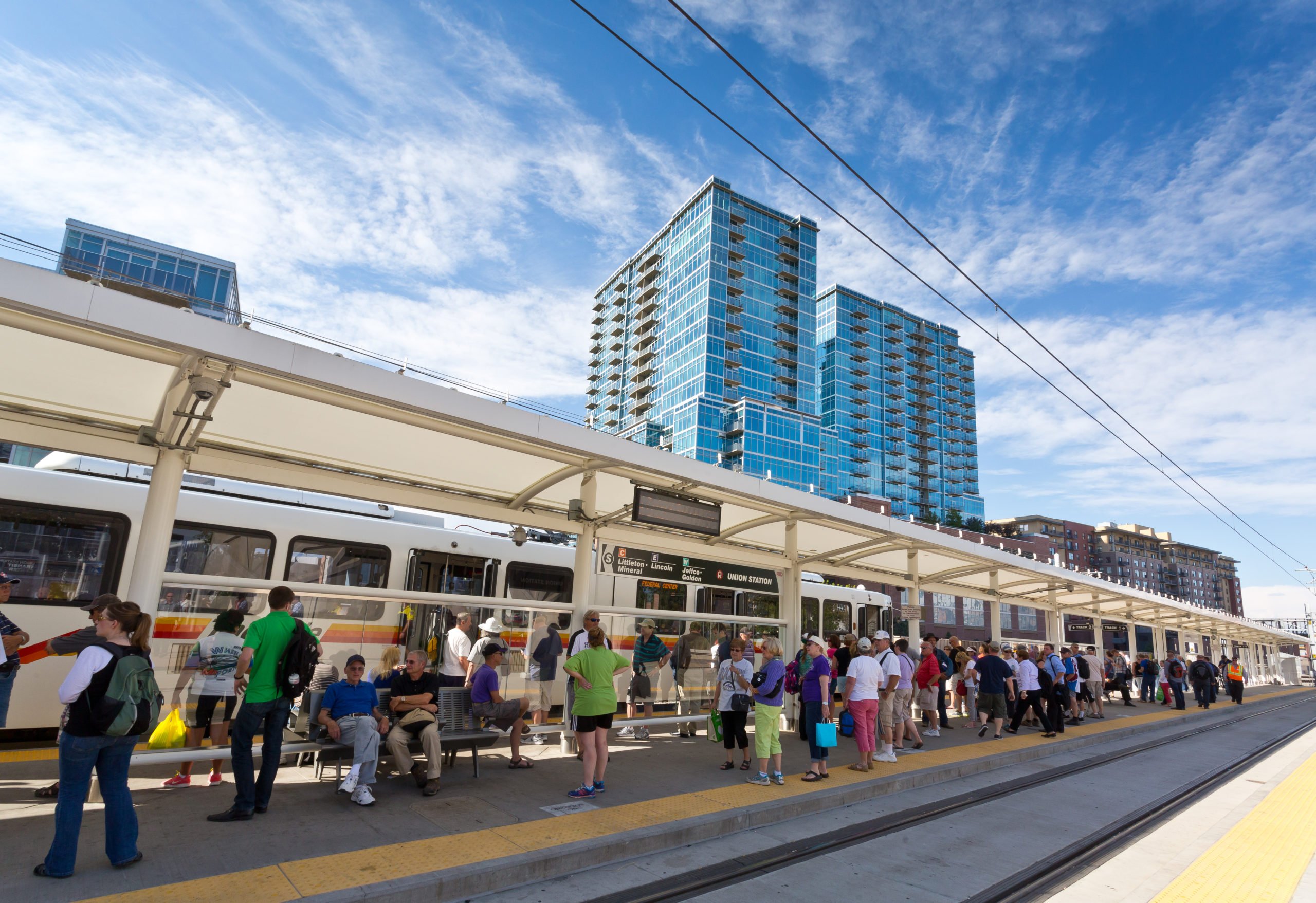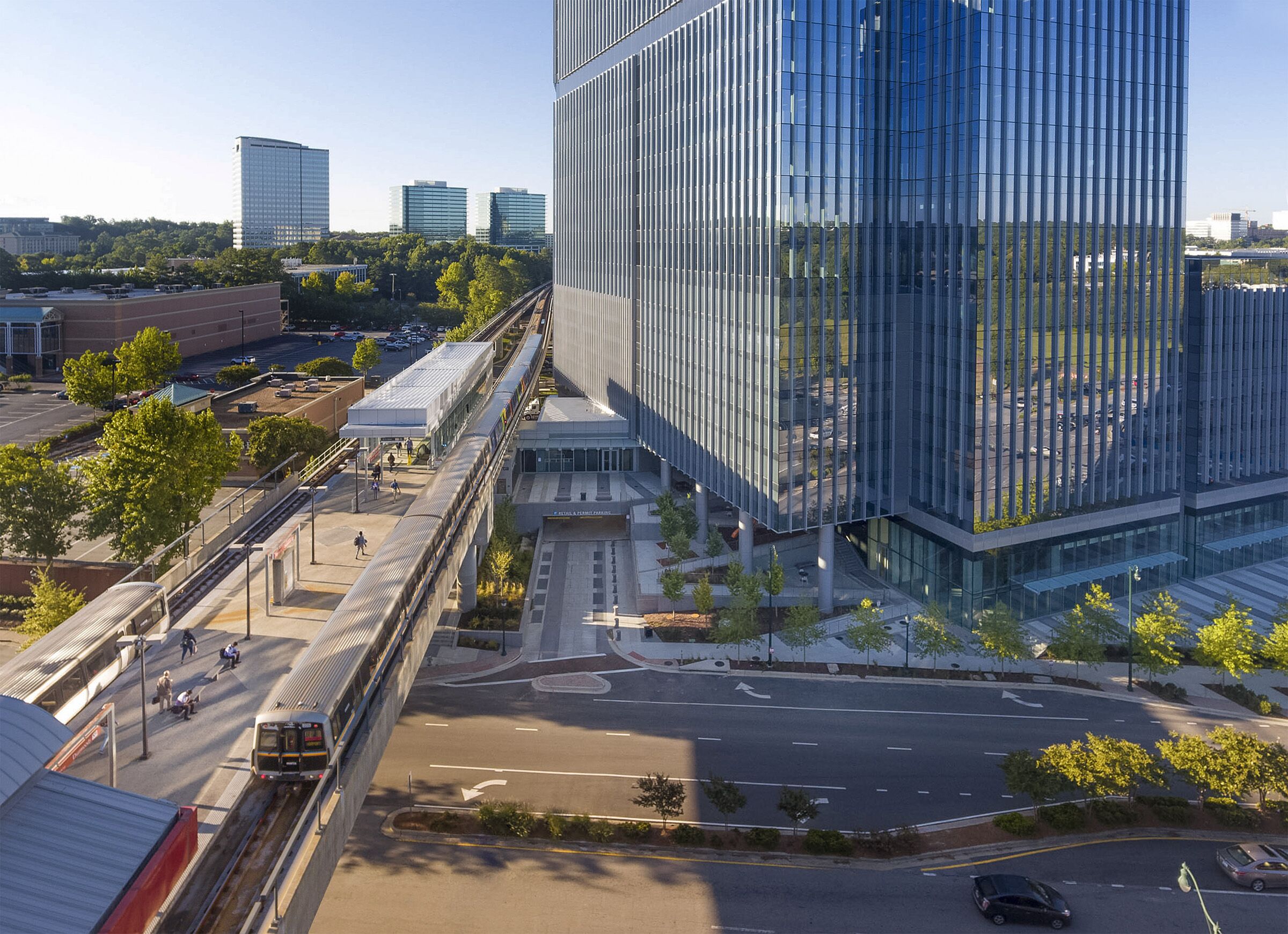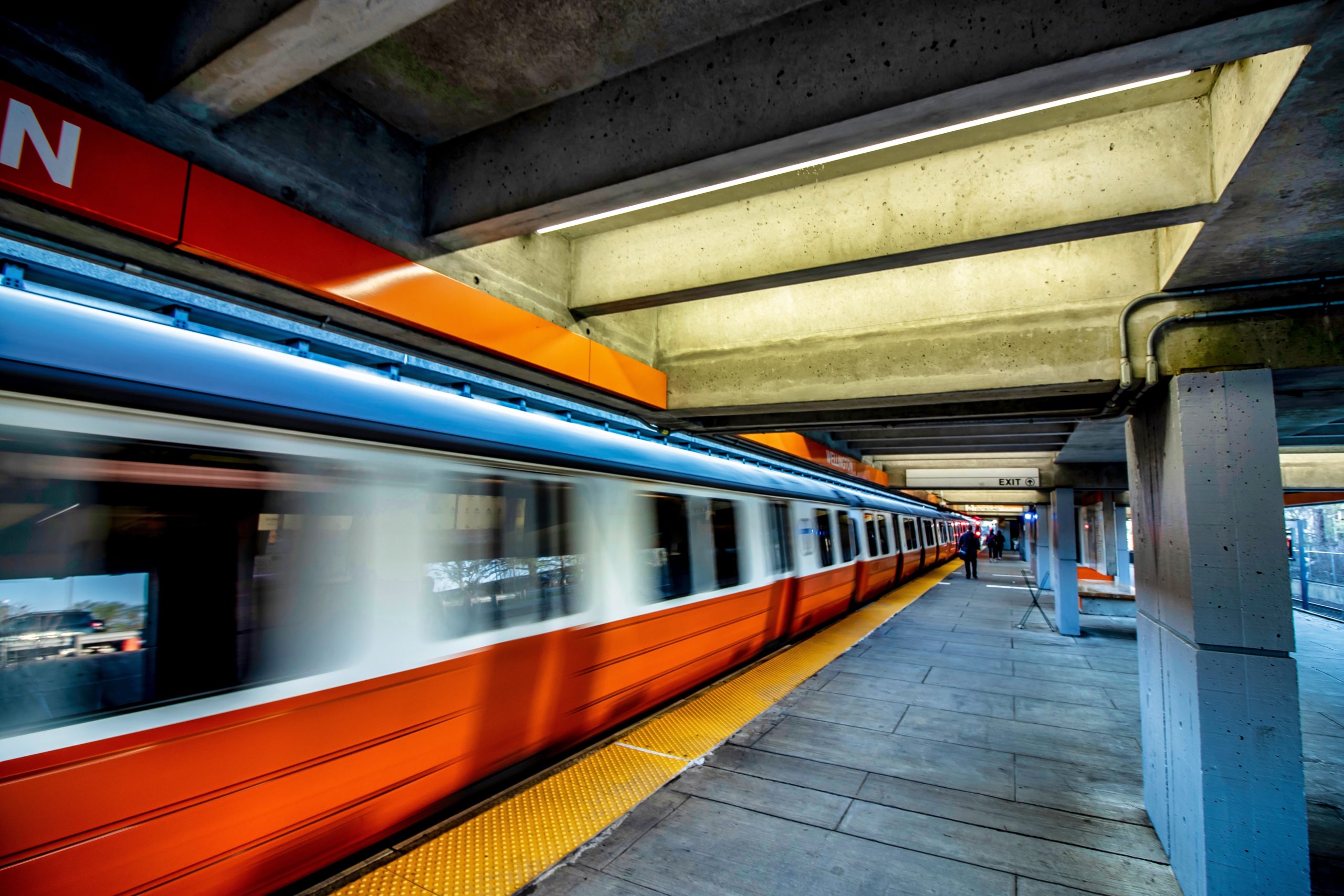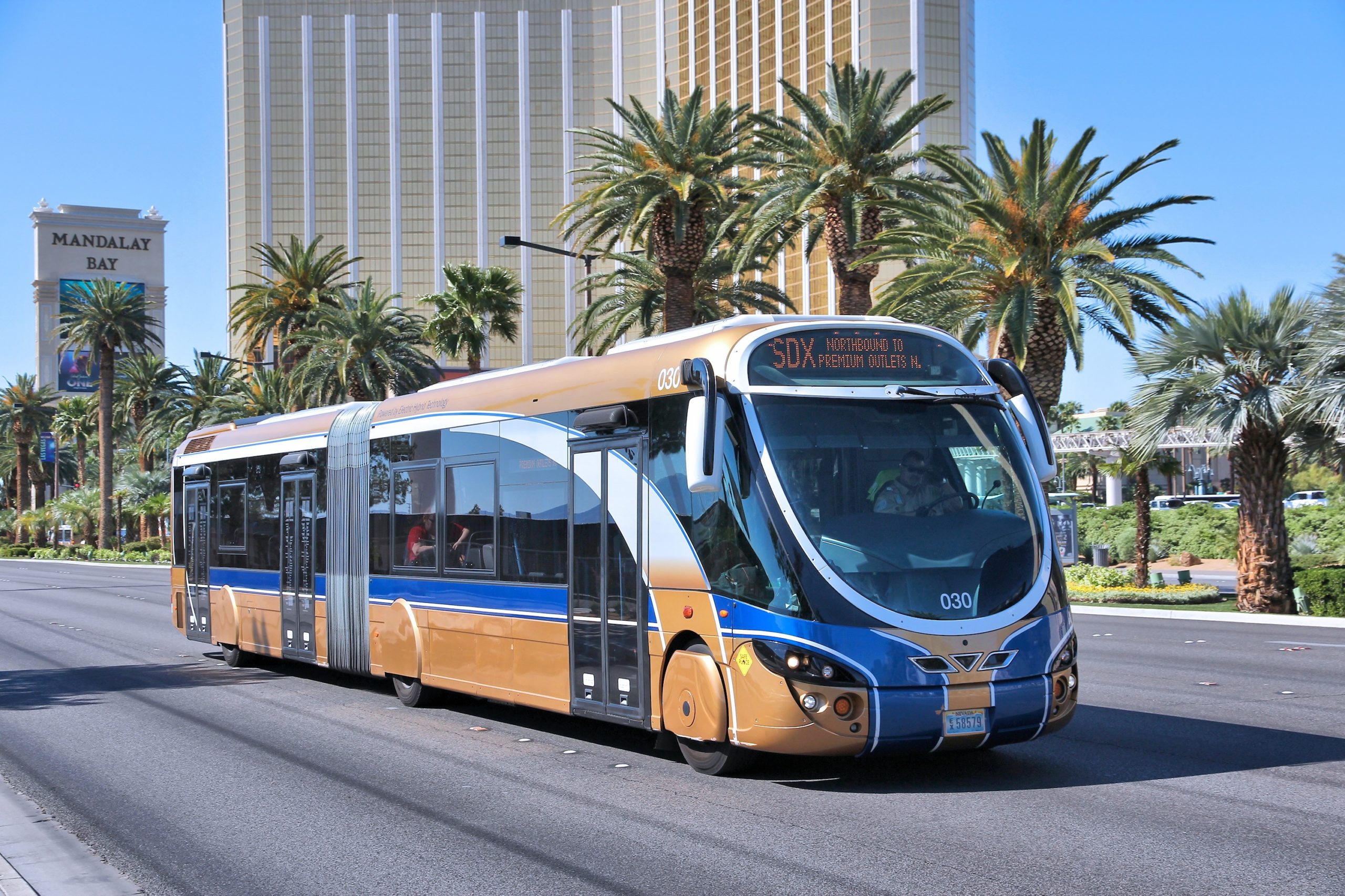How the ATL Airport Slashed Commute Times, Costs With Their Award-Winning Carpool Program
Case Study
As the world’s busiest airport, Hartsfield-Jackson Atlanta International Airport (HJAIA) employs over 63,000 people. To support them, UrbanTrans currently manages AERO, a transportation management program dedicated to helping these employees get to and from work every day.
Atlanta, Georgia
Ongoing Project
April 2019 – Present
Upon collecting data on employee commuting behaviors, UrbanTrans uncovered a challenge: employees who earn lower wages pay more out of pocket for commuting and parking than employees who earn higher incomes.
Because of home locations and late night or early morning shift times, these employees often lack access to transit and depend on driving to get to work. To extend a more cost-effective and convenient option to these employees—and reduce airport congestion in the process—AERO partnered with the Parking Operations department to develop the AERO Insiders Carpool Parking Pilot Program.
AERO reserved 30 carpool exclusive spots within the International Hourly Parking Deck and coordinated a discounted parking rate of $15 per day (compared to a $36 daily rate). This parking deck is conveniently located adjacent to the terminal, which provides easier access to the security line and to job sites in all concourses.
Thanks to this program, participating employees reduced their commute time by up to 30 minutes while paying less for parking.
The success of this program was realized through a crucial partnership with the ATL Parking Operations department. Though the airport relies on parking revenue, AERO was able to provide a valuable service to employees while still benefiting ATL’s bottom line in the long run. As this program expands, both organizations will realize additional benefits.
This program was recognized nationally by the Association of Commuter Transportation with the Commute Options – Carpool Award in 2020.


